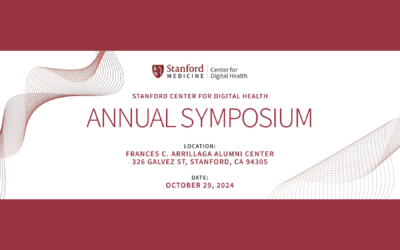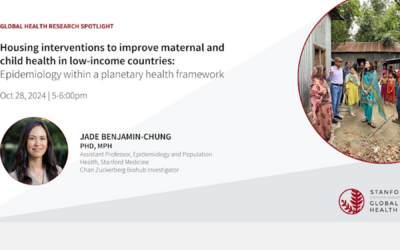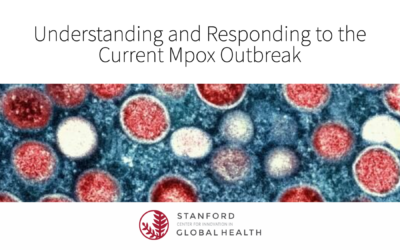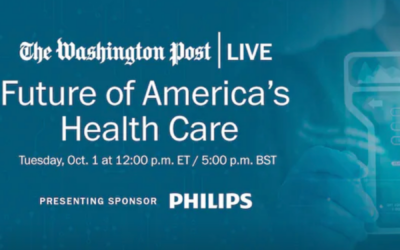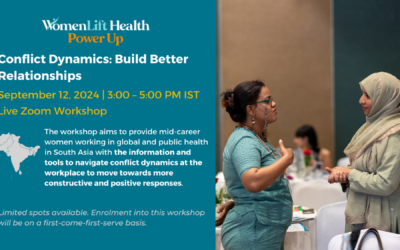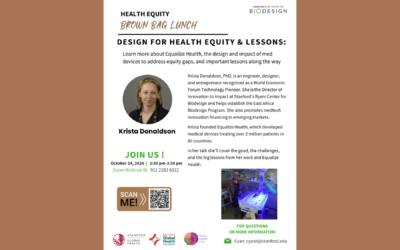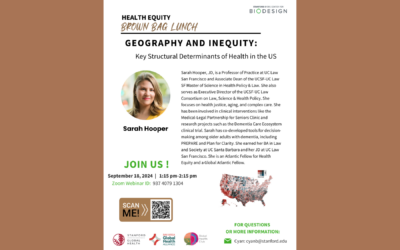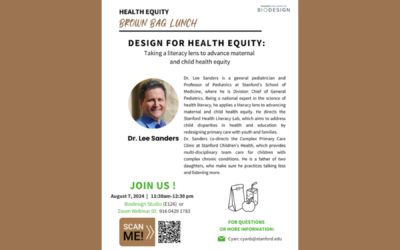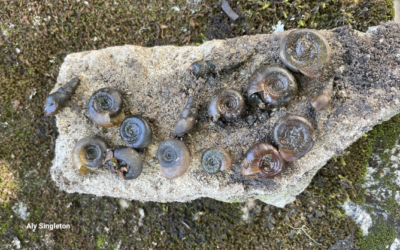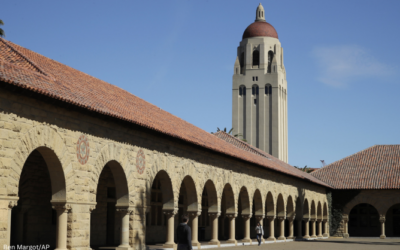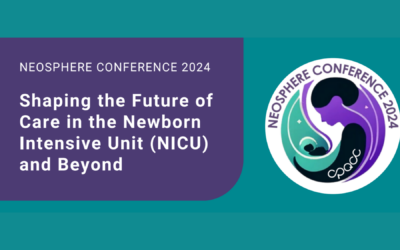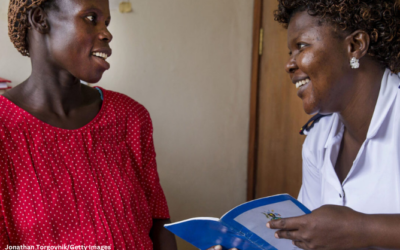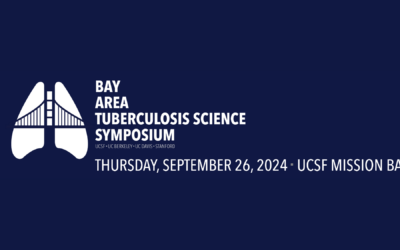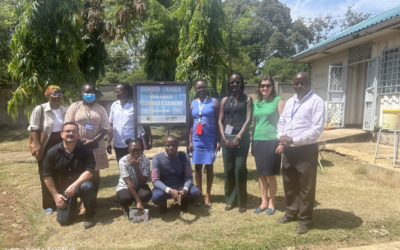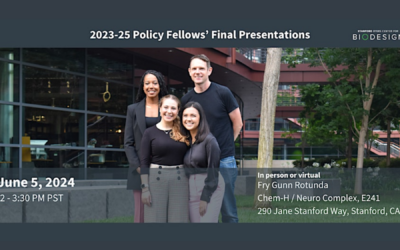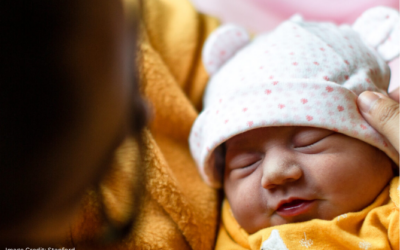Stanford, Maya Health Alliance, UCSF Watch Here
Search
MEMBERS
- 19Labs
- AbbVie
- Accenture
- Africa Health Business
- AIfluence
- Airbnb
- Americares
- Ananya Health
- Antara International
- Baraka Impact Finance
- Boston Consulting Group
- CCBRT
- Cepheid
- Chevron
- Clinton Global Initiative
- Connective Impact
- Consortium of Universities for Global Health
- Cross-Border Impact Ventures
- Ending Pandemics
- ETR
- Fistula Foundation
- Friends of Chidamoyo
- Friends of the Global Fight
- GAIA Global Health
- Gilead Sciences
- Global Environment & Technology Foundation
- Global Fund for Women
- Global Health Corps
- Global Health Council
- Global Health Technologies Coalition
- Global Impact Advisors
- Global Strategies
- HealthAI
- Hesperian Health Guides
- HOPO Therapeutics
- Ideo.org
- Ipas
- John Snow, Inc.
- Kainomyx
- Kapnek Trust USA
- Kupona Foundation
- L.E.K. Consulting
- LivingGoods
- Mastercard
- Maya Health Alliance
- Medicines360
- MedShare
- Merck
- Meta
- Nivi
- North Carolina Global Health Alliance
- OmniVis
- OPHID
- PATH
- Pathfinder International
- Pendulum
- Pfizer
- Planetary Health Alliance
- Population Services International
- Public Health Institute
- Resonance
- ReSurge International
- Roche Diagnostics
- Sabin Vaccine Institute
- San Francisco Community Health Center
- Seed Global Health
- Simprints
- Stanford University
- — Stanford University Byers Center for Biodesign
- — Stanford University Center for Innovation in Global Health
- — Stanford University School of Medicine
- Street Business School
- Tiba Foundation
- UK Science & Innovation Network
- UNICEF
- University of California
- — UC Berkeley
- — UC Berkeley Center for Emerging and Neglected Diseases
- — UC Berkeley Haas School of Business
- — UC Berkeley School of Public Health
- — UC Davis
- — UC Davis Institute for Pandemic Intelligence
- — UC Global Health Institute
- — UCSF
- — UCSF Institute for Global Health Sciences
- UpSwell
- Viamo
- Vir Biotechnology
- Washington Global Health Alliance
- Watsi
- World Health Organization
- World Telehealth Initiative
- YLabs
- Zenysis
TOPICS
REGIONS
- Africa
- — Cameroon
- — Côte d’Ivoire
- — Ethiopia
- — Guinea
- — Kenya
- — Malawi
- — Mozambique
- — Niger
- — Rwanda
- —— Kigali
- Asia
- — Nepal
- — Pakistan
- — Bangladesh
- — Indonesia
- —— Bali
- — Israel
- Europe
- — Switzerland
- —— Geneva
- South America
- — Brazil
- North America
- — California
- —— Berkeley
- —— Los Angeles
- —— Sacramento
- —— San Francisco
- —— Stanford
- — New York
- —— New York City
- — North Carolina
- —— Durham
- — Washington
- —— Seattle
- — Washington D.C.
Stanford Center for Digital Health Annual Symposium
Join the Stanford Center for Digital Health for a day of meaningful discussions at the intersection of technology and health. Engage with leading speakers and attendees from academia, policy, philanthropy, and industry as they explore the latest advancements and challenges in digital health. This event promises to foster connections and inspire action across diverse sectors dedicated to improving health through technology.
Global Health Research Spotlight: Jade Benjamin-Chung
In this Stanford Global Health Research Spotlight event, Dr. Jade Benjamin-Chung, PHD, MPH, will discuss her ongoing research on housing interventions to improve maternal and child health in low-income countries
Understanding and Responding to the Current Mpox Outbreak
The recent, rapid spread of the new clade 1B strain of mpox (formerly called monkeypox) in Central Africa has prompted the second Public Health Emergency of International Concern (PHEIC) since the global outbreak of mpox in 2022. Join Stanford Center for Innovation in Global Health to learn the latest about the current epidemic in this panel conversation with experts representing a variety of perspectives. In a conversation hosted by the Stanford Center for Innovation in Global Health and moderated by CIGH Director Michele Barry, expert panelists will discuss the various strains of mpox currently causing outbreaks; epidemiological drivers of the various clades; strategies for containment; vaccine equity; and implications for the U.S. response.
The AI revolution in health care
Artificial intelligence breakthroughs are ushering in new ways to individualize patient recommendations, augment diagnoses and aid in clinical decisions. Join Washington Post Live for conversations with top medical leaders from Stanford, UCSF, and UC Berkeley about how AI could transform the patient journey of the future and ways to improve transparency and trust in this new era of medicine.
Global Health Research Methods Workshop
Join Stanford for a two-day intensive workshop that provides a basic overview and introduction to developing research skills applicable to global health. The workshop aims to provide a basic overview and roadmap to help people interested in conducting global health research develop their study question into a concept note that can form the basis for a study proposal. Fundable global health research proposals require a scientifically sound approach to answer a high-value question within a competitive budget envelope. The workshop focuses on essential skills to develop a competitive proposal and budget, including how to approach global health research opportunities, how to engage with collaborators, consideration of sample size, and analytical approach.
Conflict Dynamics: Build Better Relationships
Join WomenLift Health and Stanford for their PowerUp interactive, virtual workshop, Conflict Dynamics: Build Better Relationships. This workshop aims to provide mid-career women working in global and public health in South Asia with the information and tools to navigate conflict dynamics at the workplace to move towards more constructive and positive responses.
Health Equity Brown Bag Lunch | Design for Health Equity & Lessons
Alliance Events Hybrid Member Events
Join the Alliance, Stanford Byers Center for Biodesign, and Stanford Center for Innovation in Global Health for another session in the Health Equity Brown Bag Lunch series, Design for Health Equity & Lessons: Learn more about Equalize Health, the design and impact of med devices to address equity gaps, and important lessons along the way. This session features Krista Donaldson, PhD, who is an engineer, designer, and entrepreneur recognized as a World Economic Forum Technology Pioneer. She is the Director of Innovation to Impact at Stanford’s Byers Center for Biodesign and helps establish the East Africa Biodesign Program. Krista founded Equalize Health, which developed medical devices treating over 2 million patients in 80 countries. In her talk she’ll cover the good, the challenges, and the big lessons from her work and Equalize Health.
Health Equity Brown Bag Lunch | Geography and Inequity: Key Structural Determinants of Health in the US
Alliance Events Hybrid Member Events
Join the Alliance, Stanford Byers Center for Biodesign, and Stanford Center for Innovation in Global Health for Geography and Inequity: Key Structural Determinants of Health in the US, a Health Equity Brown Bag Lunch Session. This session features speaker Sarah Hooper, JD, Professor of Practice at UC Law San Francisco and Associate Dean of the UCSF-UC Law SF Master of Science in Health Policy & Law. She focuses on health justice, aging, and complex care. She has been involved in clinical interventions like the Medical-Legal Partnership for Seniors Clinic and research projects such as the Dementia Care Ecosystem clinical trial. Sarah has co-developed tools for decision-making among older adults with dementia, including PREPARE and Plan for Clarity.
Design for Health Equity: Taking a literacy lens to advance maternal and child health equity
Join Alliance member Stanford Biodesign for their Stanford Biodesign Health Equity brown bag, Design for Health Equity: Taking a literacy lens to advance maternal and child health equity. This brown bag session features Dr. Lee Sanders, a general pediatrician and Professor of Pediatrics at the Stanford University School of Medicine, where he is Chief of the Division of General Pediatrics. He is a national expert in the science of health literacy, which applies a literacy lens to advancing maternal and child health equity.
Forecasting climate’s impact on a debilitating disease
Stanford Read More
Tech Maze: Covid-19 Vaccine Development as a Model for the Future of Advanced AI Intelligence in Health Care
Stanford Read More
NEOsphere Conference 2024
Join Alliance member Stanford’s California Perinatal Quality Care Collaborative (CPQCC) for the NEOsphere Conference 2024: Shaping the Future of Care in the Newborn Intensive Unit (NICU) and Beyond. NEOsphere conference aspires to provoke a reexamination of care practices, serve an incubator for ideas, and a platform for innovation. They aim to harness the wisdom of NICU families to develop collaboration between technologists, practitioners, and families to support the development and testing of novel approaches that enhance NICU care and early childhood health outcomes and equity.
Murder, birth and test scores: What scientists are learning about extreme heat
Stanford Read More
Stanford’s 2024 Global Health Seed Grant Awards take on timely challenges around the globe
Stanford Read More
3rd Annual Bay Area Tuberculosis Science (BATS) Symposium
Join the UC Tuberculosis Research Advancement Center (UC TRAC) for the 3rd Annual Bay Area Tuberculosis Science (BATS) Symposium, co-sponsored by Alliance members UCSF Center for Tuberculosis and UC Berkeley Center for Emerging and Neglected Diseases. BATS brings together TB investigators at UCSF, UC Berkeley, UC Davis, Stanford University and the SF Department of Public Health to highlight established and early-stage investigators in the UC TRAC community with the intention to build community and foster collaboration.
Improving mental health and combating HIV in an often-neglected population: Adolescent girls
Stanford Read More
Building Bridges, Uniting for Impact: 2024 Annual Meeting
“Global health really is a team effort,” said Colin Boyle, Alliance board chair and Lecturer at UC Berkeley Haas School of Business, opening the Bay Area Global Health Alliance’s 4th Annual Meeting, where multisectoral members convened on May 21 to discuss bridging gaps and enhancing collaborative efforts across various sectors to tackle pressing health issues worldwide.
Stanford Byers Center for Biodesign Policy Fellows’ Research Presentations
Join Alliance member Stanford Institute for Biodesign for their Policy Fellows’ Research Presentations. Their inaugural policy fellows will be showcasing their work on Healthcare AI Policy for Trustworthy Innovation, Interoperability and Maternal Health, Implications of Current Policies in the Biotechnology Industry and Patient Care, and Medicare Adoption Rate of Novel Medical Devices.
Addressing the migrant maternal mortality crisis
Stanford Read More
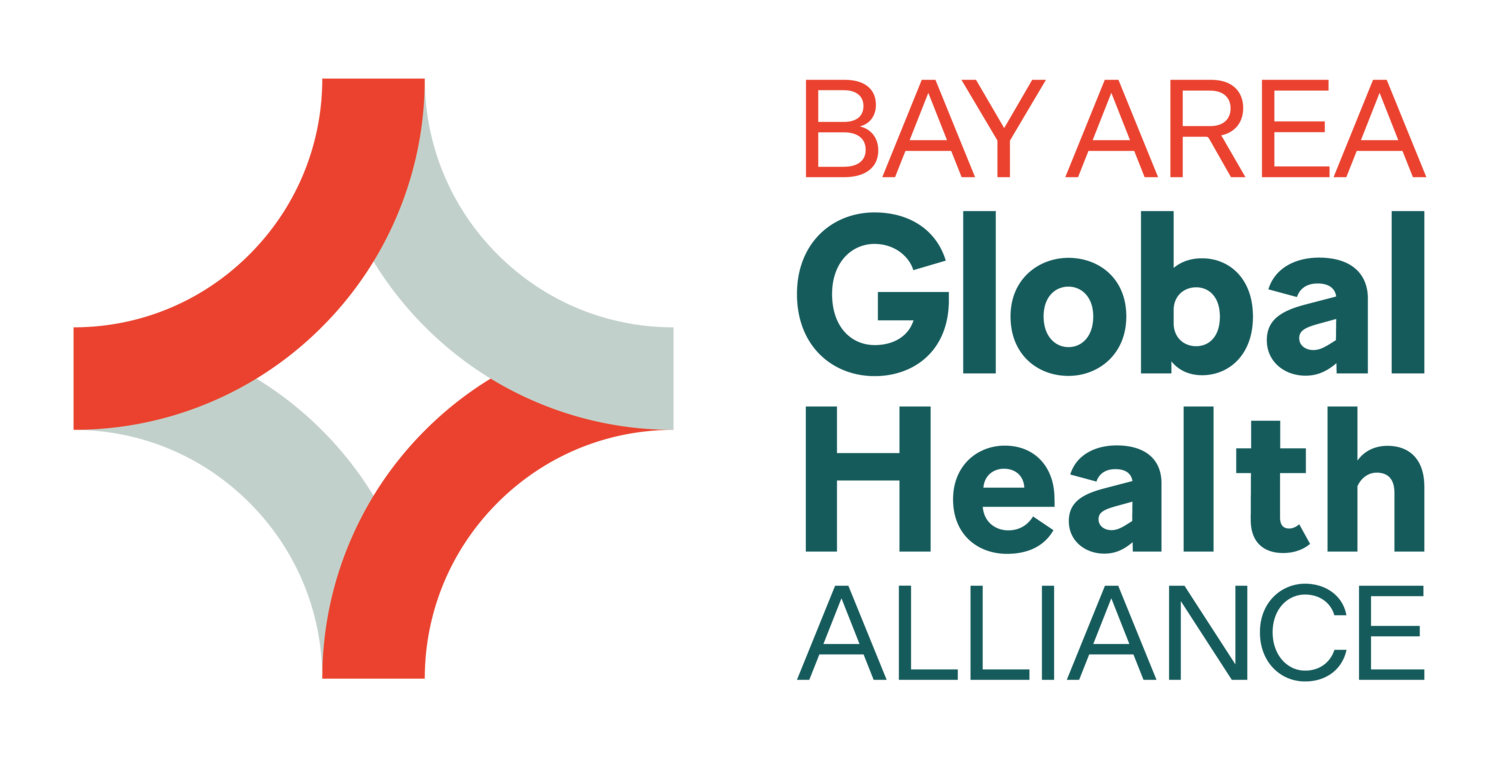
![[Videos] HPV and Routine Immunization Education](https://bayareaglobalhealth.org/wp-content/uploads/2024/10/hpv-400x250.png)
